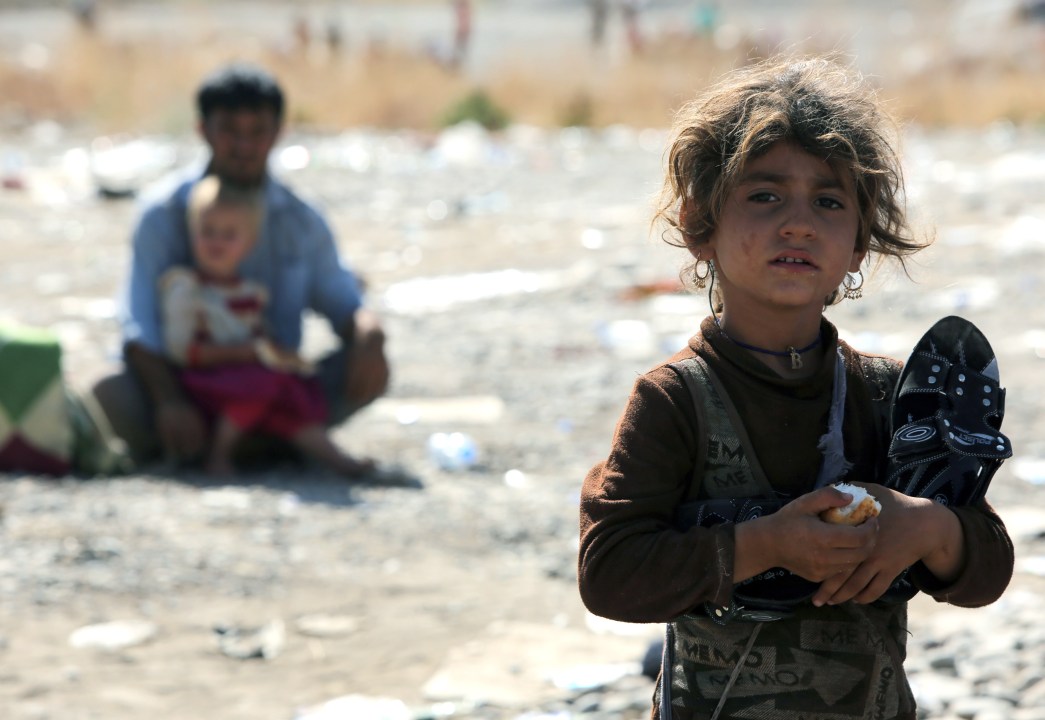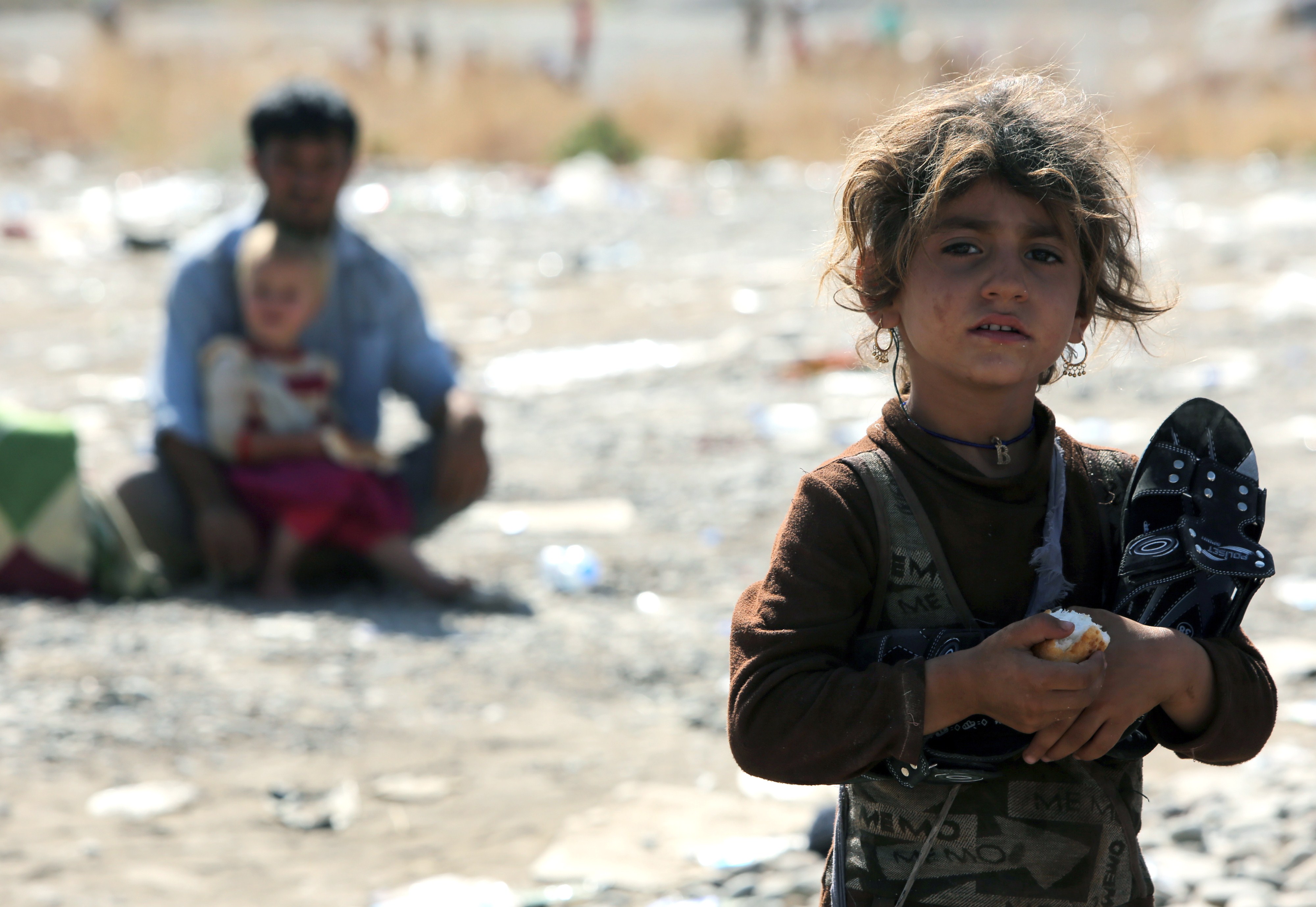John McTernan’s column in today’s Telegraph about Kurdistan – and our, that is the West’s, debt of honour to the Kurds – is a piece of which, I think, the late Christopher Hitchens would have been proud. The Kurds had no greater western defender than Christopher and he would, I believe, have been appalled by the pusillanimity on display in Whitehall and the White House alike in recent days.
Granted, ‘because Christopher Hitchens would have supported it’ is an insufficient justification for military action. Then again, the witless self-abasement of the so-called Stop the War coalition is no reason to oppose it either. (By Stop the War, of course, they mean let someone vile win the war.)
Nevertheless, some lessons can be absorbed too thoroughly. Why bother? It’s not our fight. Let them sort it out themselves. We’ve been down this road before and look where it led. And, besides, this is all our fault anyway.
Well, maybe. But just as conflicts differ so do interventions. No-one proposes deploying the 101st Airborne Division or the Royal Marines to Kurdistan. All that interventionists suggest is that we help create the conditions in which ISIS can first be halted, then routed. The hardest work will be done by others, chiefly, though far from exclusively the Kurdish Peshmerga.
Make no mistake, we may not consider ourselves at war with ISIS but they most assuredly reckon themselves at war with us. And with anyone else who does not share their murderous corruption of Islam. The world has rarely been short on horror but there is something especially horrifying about ISIS. If heads on pikes won’t convince you, what would be enough to persuade you this is an evil that must be confronted? And if not confronted today it will have to be confronted eventually. Because these are not people and this is not a worldview that will be content to carve out territory and then, once it has established its base, live quietly and peacefully ever after.
In the end, all the wrangling about cause and effect and who started what and who is to blame this or that becomes a form of dissembling dithering. In the end we are responsible. Not so much on account of the unforeseen consequences of past blunders but because we – the United States and its NATO allies – have the power, the equipment and the opportunity to do something about it.
And if we have that capability but choose not to use it against an enemy of unquestionable evil then the consequences of that inaction will be grim. Firstly, and most importantly, for the peoples – Christian, Yazidi and Muslim alike – threatened by ISIS but also, secondarily, for our own idea of ourselves. All that talk of ‘values’ will be proven nonsense. Worse, we’ll have abandoned our interests too.
At present we offer gestures in place of real action. We seem prepared to countenance only the barest minimum. According to the Times, ‘Despite making the 700-mile flight from Cyprus, the second of two aid drops was aborted on Sunday night because Yazidi families desperate for help crowded on to a drop zone, creating fears that a pallet, dropped by parachute, might have killed someone.’ If accurate, there is something hideously self-regarding about such weakness. They ask for so little and we are too nervous to even give them that.
As McTernan says: What, dissenters ask, is the end-game? The answer is more straightforward than is sometimes implied: the defeat of jihadism. Such clarity is, naturally, deeply unfashionable. Be that as it may, it remains necessary. And right.
Eliminating ISIS is not enough to bring peace to the Middle East but peace cannot come unless ISIS is eliminated. It is possible that arming the Kurds properly and bombing ISIS forces wherever we find them might make matters worse. But doing nothing certainly will. Doing nothing in an arena in which we can do something and in which we might even be morally obliged to do something is both a counsel of despair and evidence of a kind of insouciant decadence.
Perhaps we cannot intervene everywhere but where we can we should surely do what we can. Especially when the costs of doing so are so relatively minor. To the extent ISIS are reminiscent of anyone they make me think of the Croatian Ustashe whose enthusiasm for slaughter astonished and appalled even blood-happy veterans of the Waffen-SS. The Ustashe mantra during WW2 was, you will remember, kill a third, convert a third, expel a third. We are seeing this again, this time on the plains and mountains of northern Iraq.
Unless we act – and do so with more than words and bottles of water – we will bear some fresh responsibility for the reaping that will follow our inaction. Why us? Because there is no-one else.







Comments